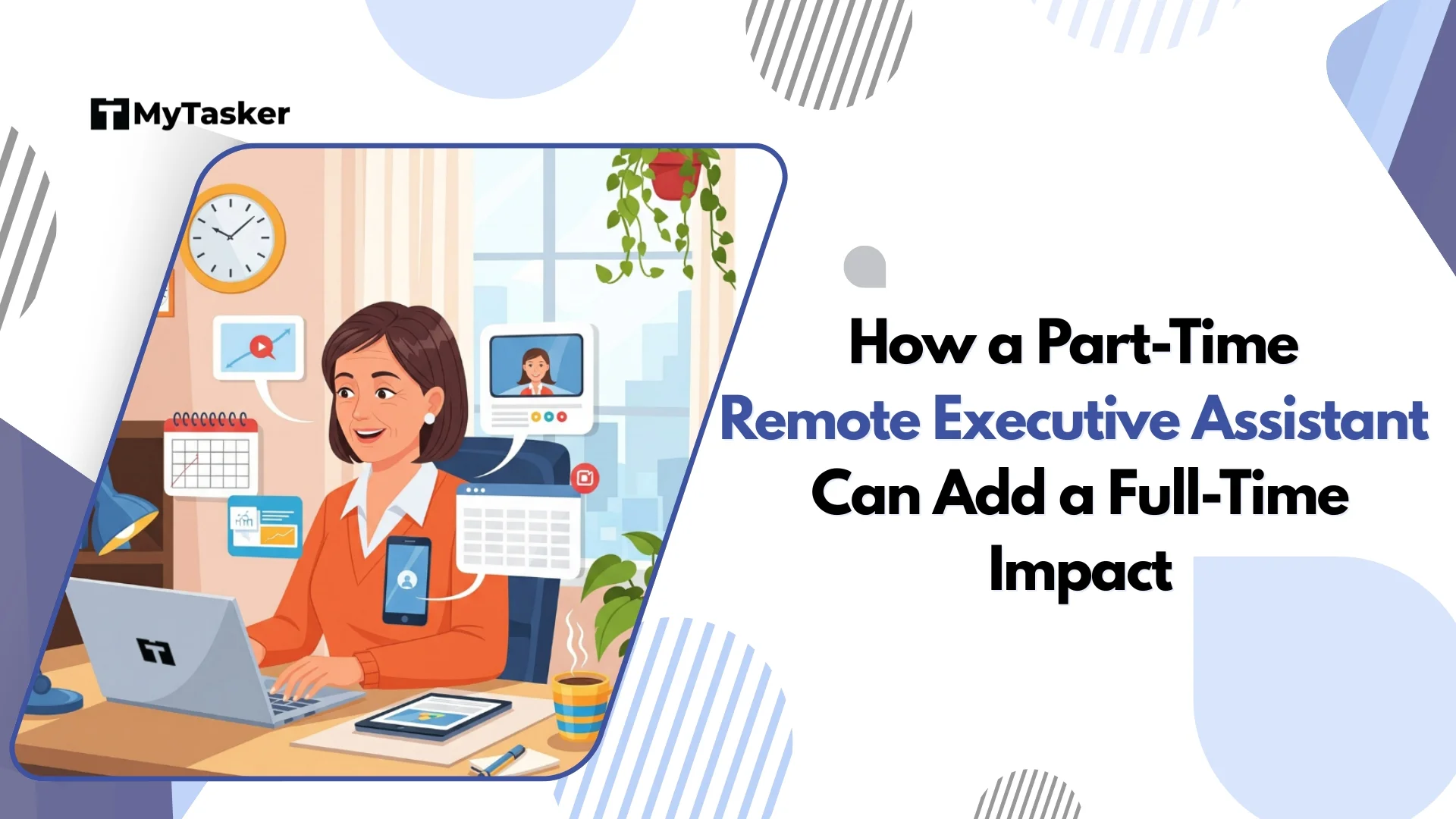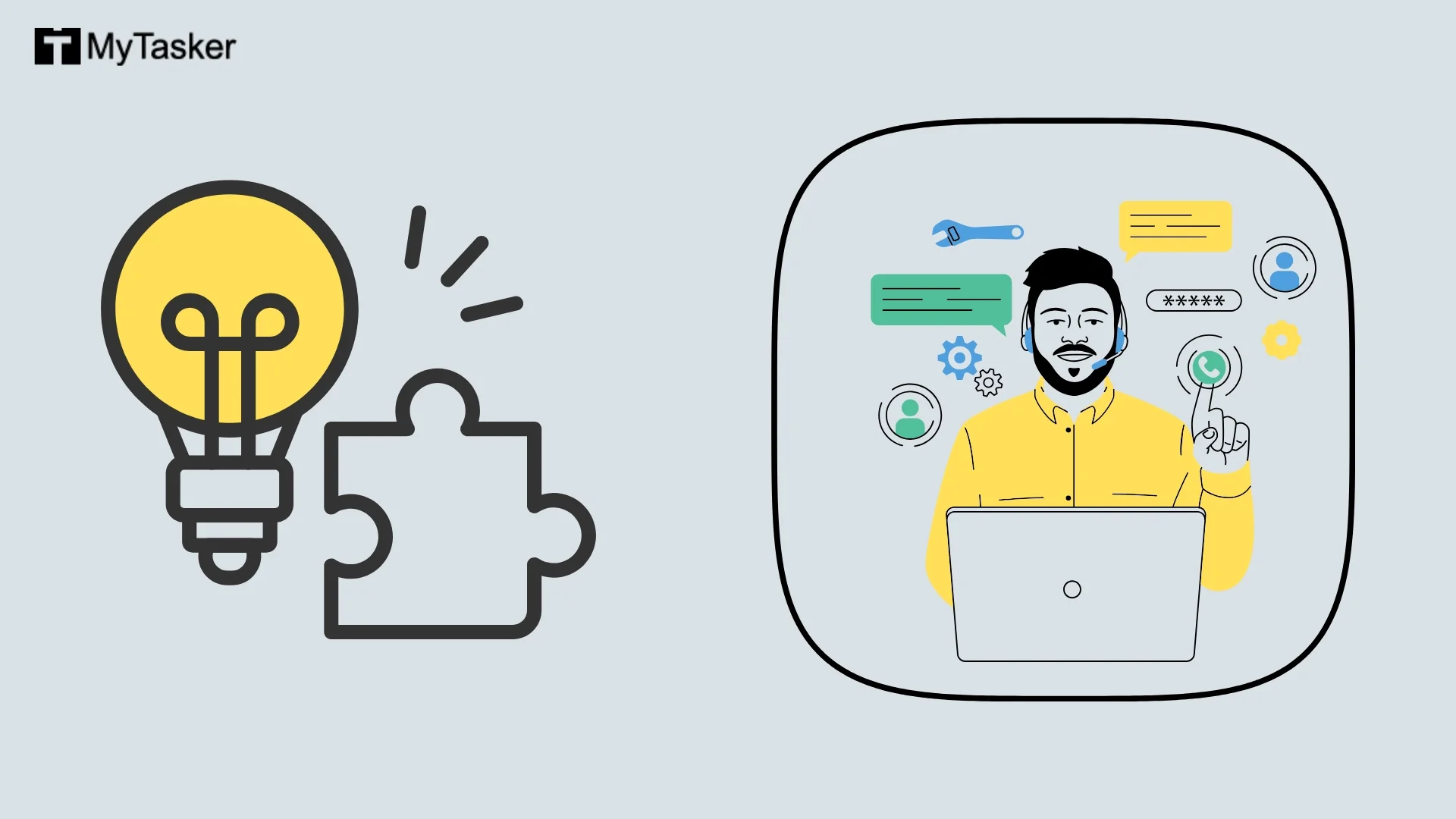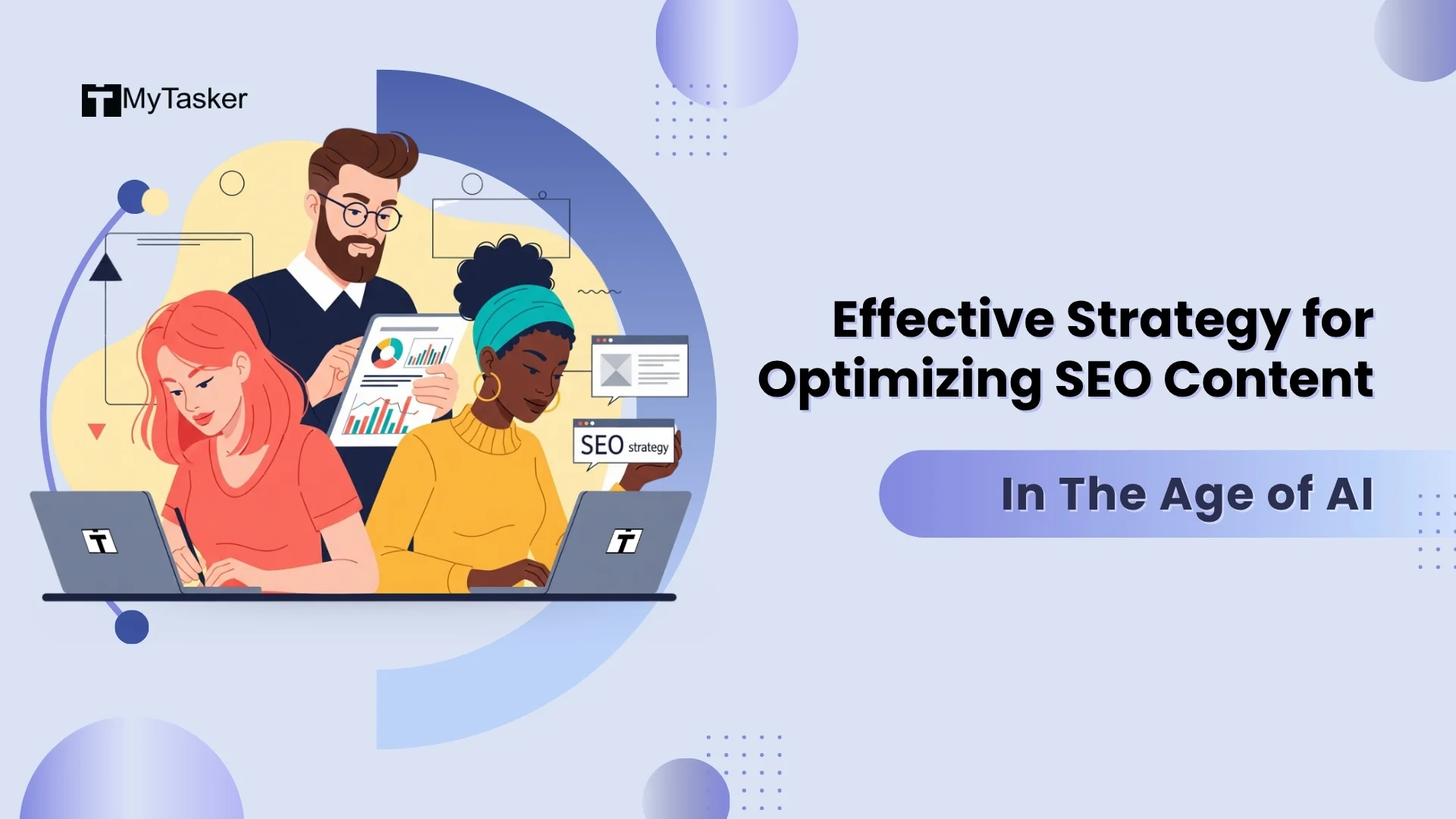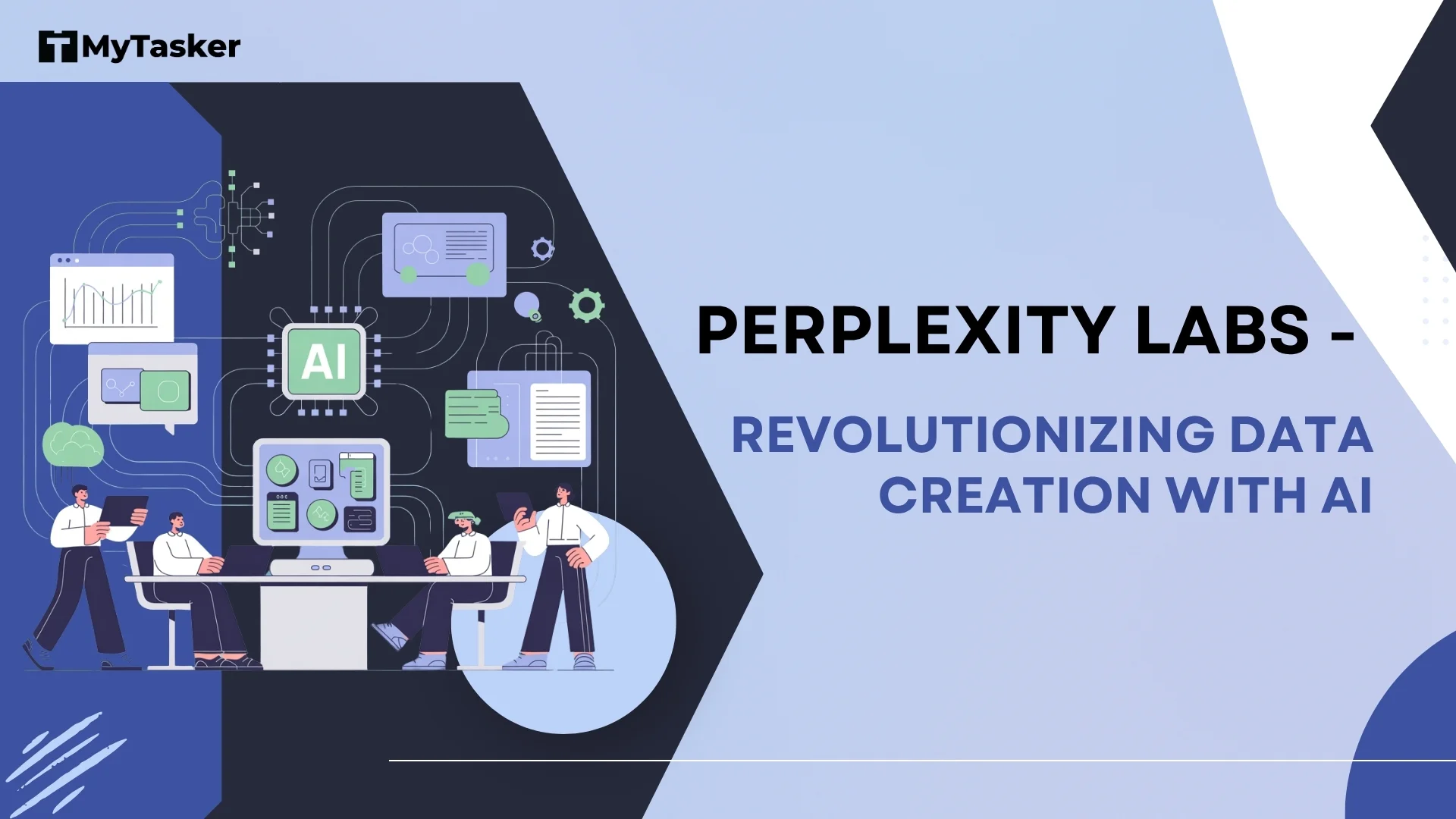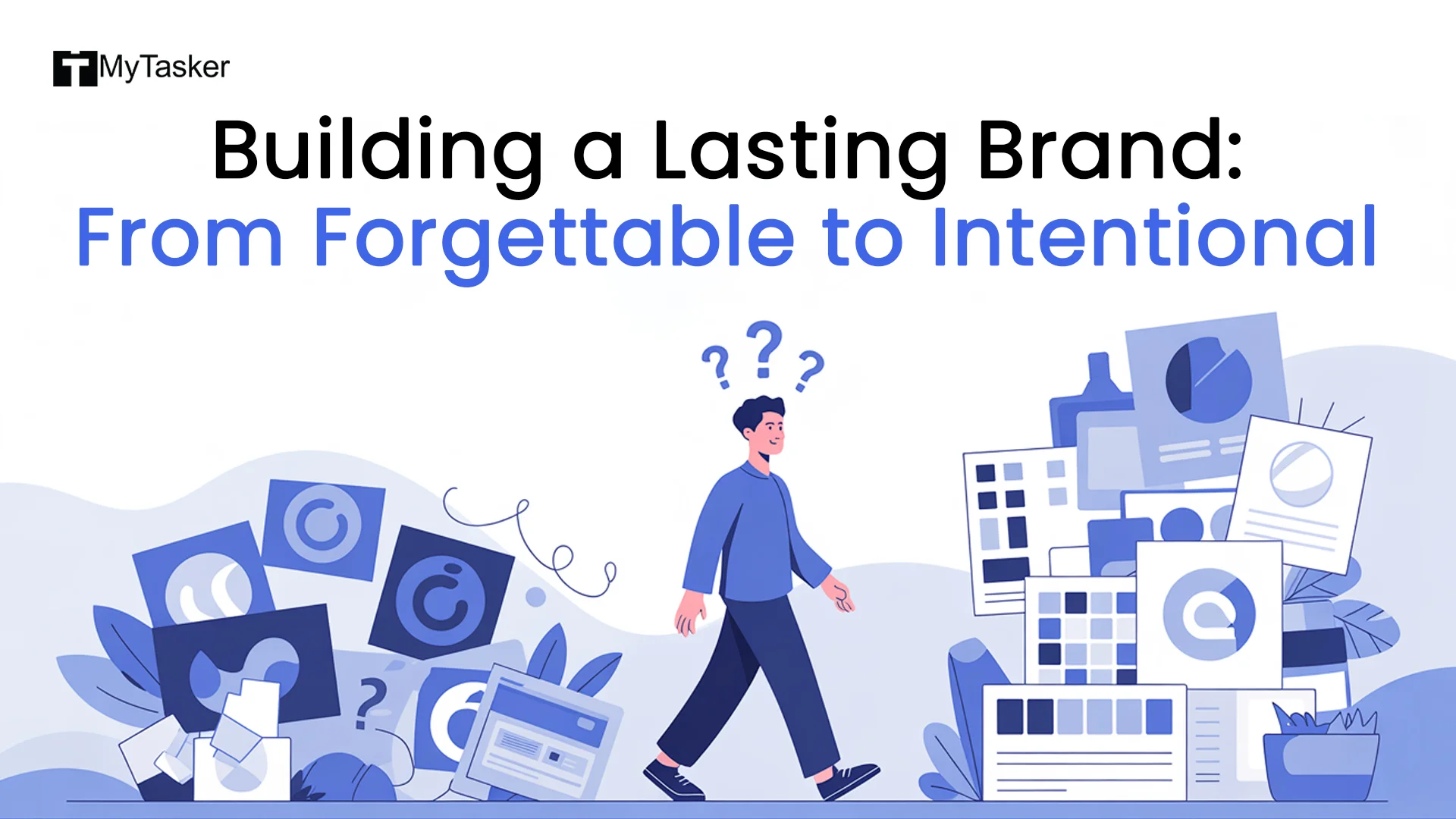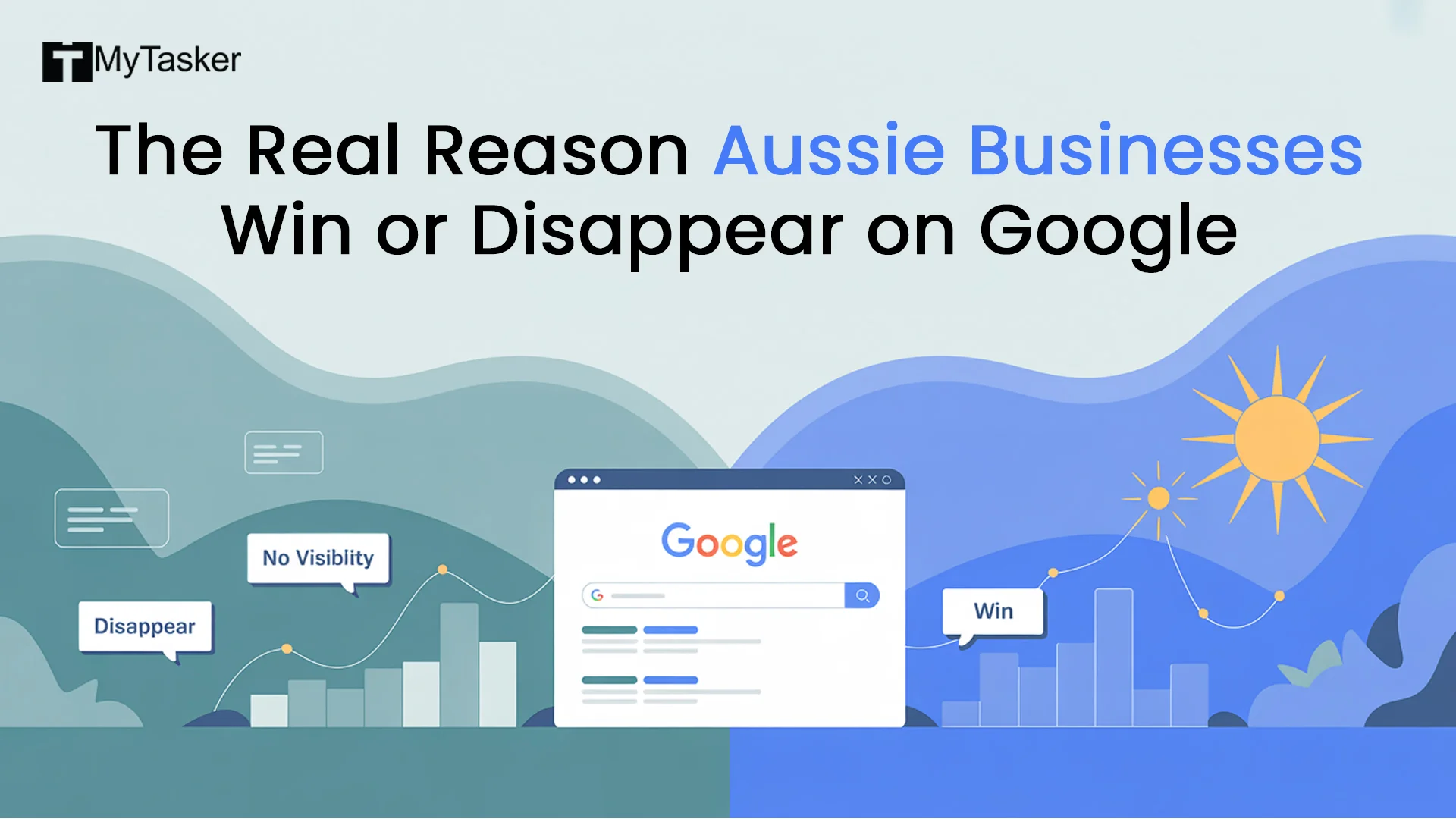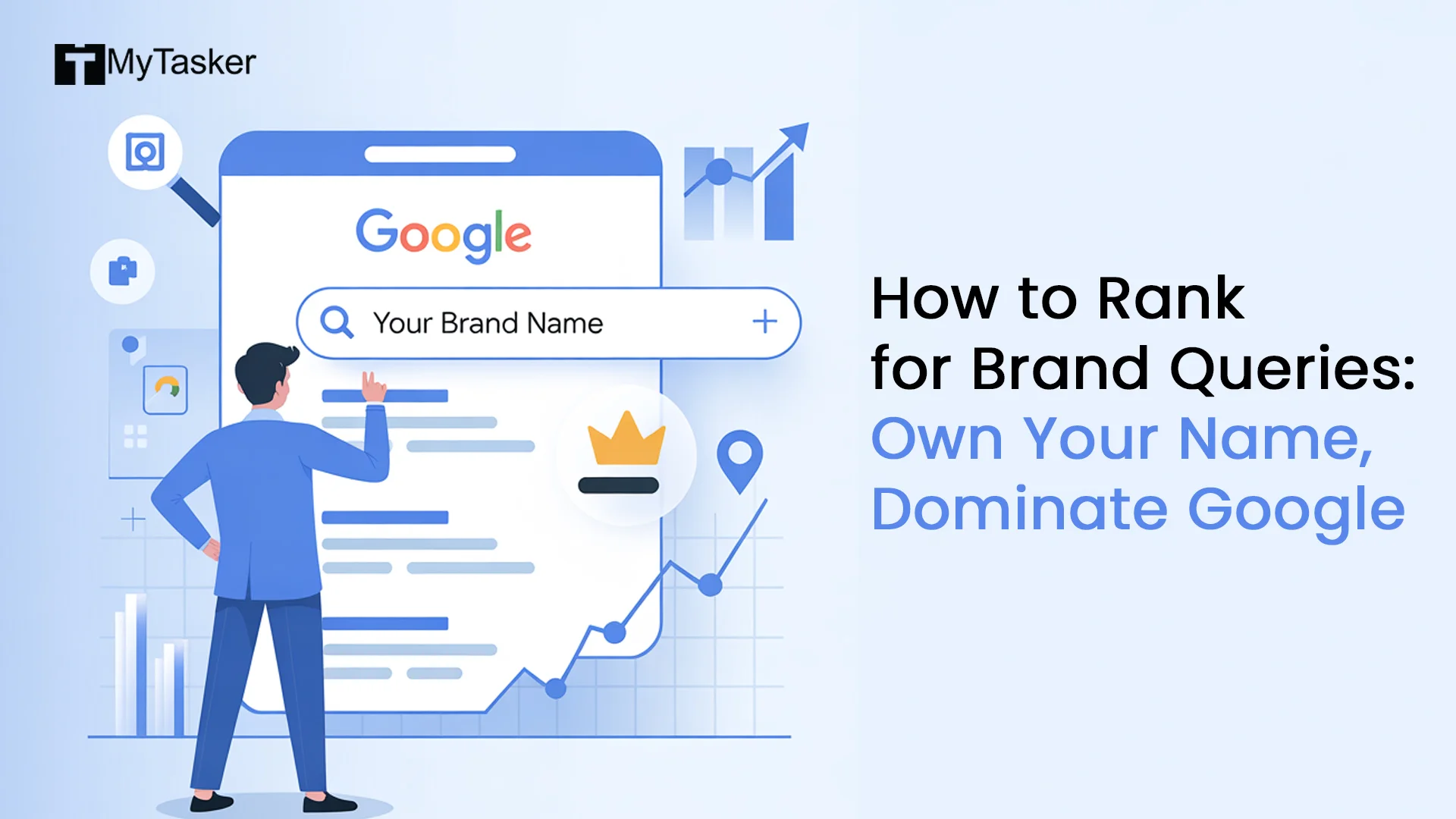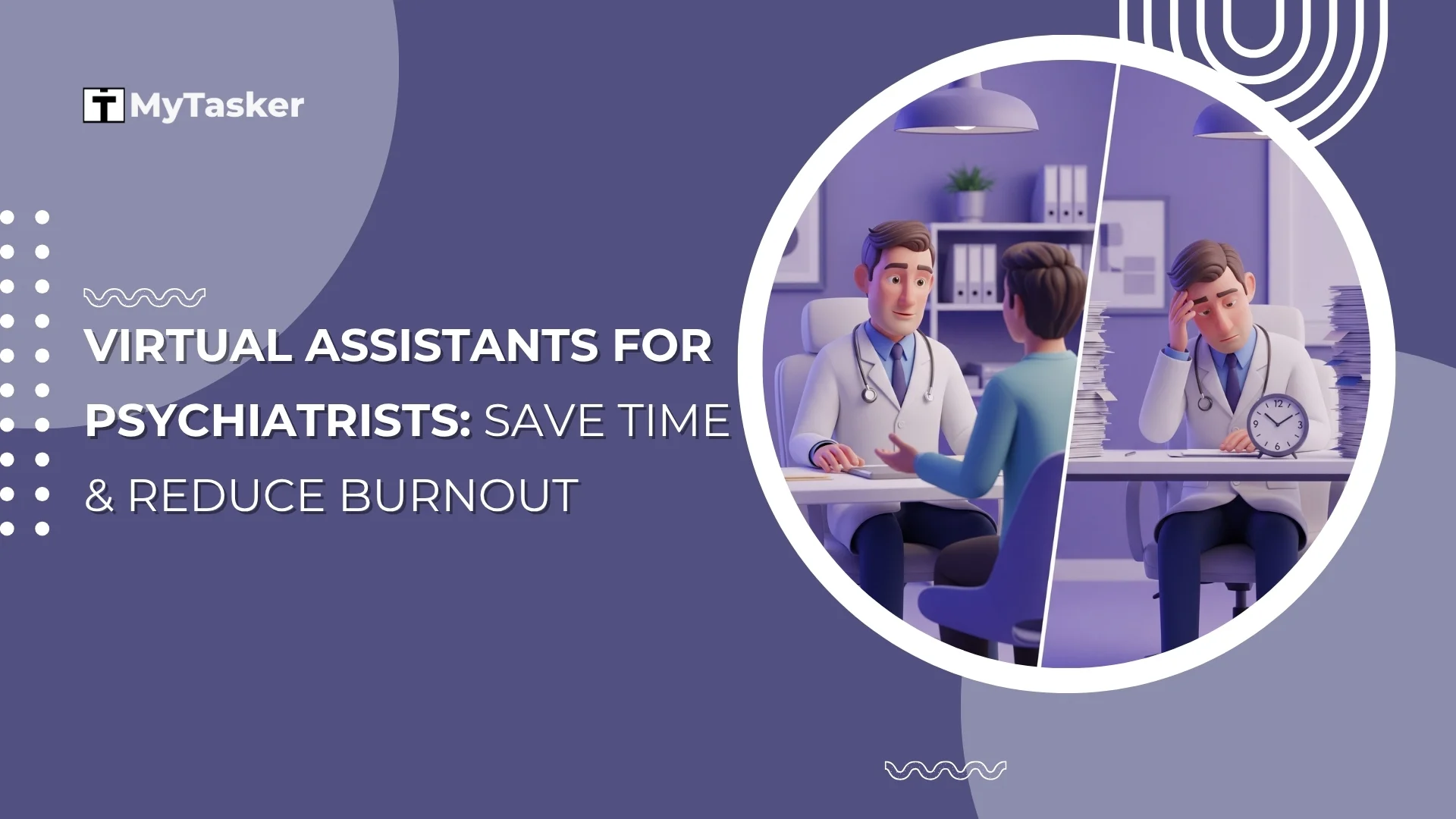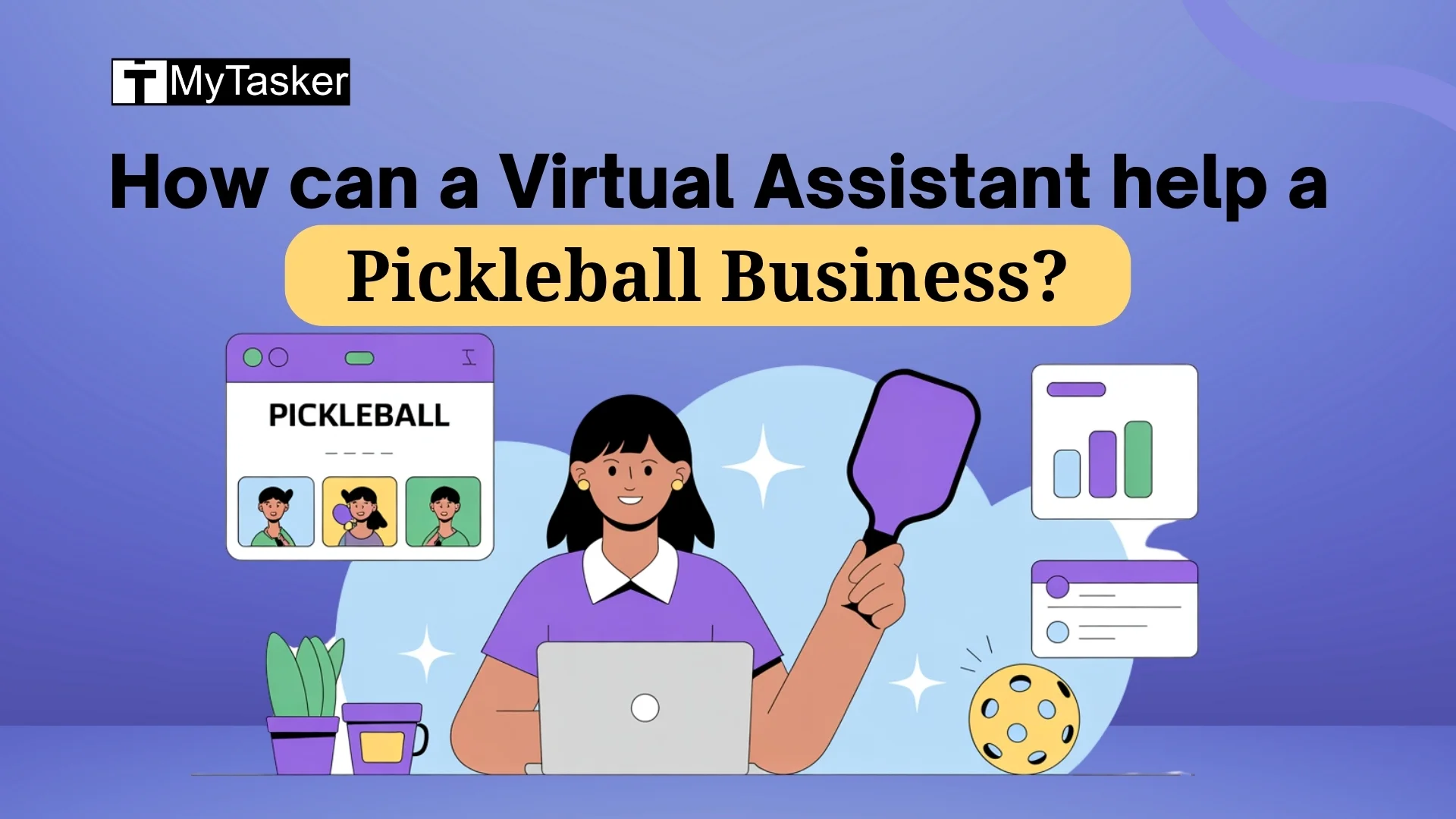AI may have helped us significantly to reduce work pressure, but it has also been an unethical element in a lot of professional aspects!
Have you heard about the new initiative on Google's behalf to beat the AI-introduced risks? If not, let us give you all the tea about this new project which is called Google Digital Futures Project.
This project aims to promote the ethical development of AI. By doing this, Google claims to help host gatherings, researchers, and ultimately promote public policy measures.
It would be interesting to see how this project can help us keep the positive application of AI without getting effective by the negative impacts.
Google.org is in the works to collect a $20 million fund to support this project and keep the discussion going. This fund intends to offer grants to the top think tanks and academic institutions around the globe.
According to Google, only one company cannot correct all the wrongdoings of AI and it will take collective action to do that. This is the primary reason they are hoping that the $20 million fund and the Digital Futures Project will help civil society and global academia to conduct their own independent research on AI.
The fund has already awarded grants to many organizations in its first round. Some of these are the Brookings Institution, Aspen Institute, Carnegie Endowment for International Peace, Center for Strategic and International Studies, Center for a New American Security, Institute for Security and Technology, MIT Work of the Future, SeedAI, R Street Institute, and Leadership Conference Education Fund.
Back in 2018, Google published a set of AI principles for helping people use AI technology in an ethical manner. The guiding principles listed seven application-specific goals for AI and use cases for which Google won't develop or use AI.
Collaboration on a Global Scale to Address AI Issues
Globally, businesses are making large investments in AI. For the past ten years, Microsoft and Google independently have spent billions of dollars on AI. This includes allocated funds for OpenAI chatbots, machine learning algorithms, Vertex, Google’s Bard, and Duet AI systems. Today, there are rising concerns about how AI can damage the social fabric of our planet if it is used poorly (given its rapid expansion).
Governments and business leaders are currently trying to ensure the moral and secure development of AI models.
The Global Partnership on Artificial Intelligence (GPAI) was established in June 2020 to direct the ethical development and application of artificial intelligence that complies with universally recognized human rights, basic freedoms, and democratic principles. The GPAI currently has 29 member nations.
The Forum for Collaboration on Artificial Intelligence (FCAI) is another group created to find chances for international collaboration on AI regulation. High-level representatives from seven countries (Australia, Canada, EU, Japan, Singapore, UK, and US) and specialists from business, civil society, and academia often engage in AI conversations at FCAI.
Integral collaboration between different institutions, corporate sectors, academia, and civil societies will play a crucial role in finding the solution to the main concern regarding AI applications.
One of the primary objectives of these institutions is to encourage independent thinkers having different viewpoints and expertise to find answers to different questions including:
- Can AI affect global security? If so, how? Can we use AI to improve these security concerns?
- Can governance models and cross-sector initiatives help ethical AI adaptations and innovations?
- How to prepare the workforce for the job role that AI will create in the future?
- How to deal with the effect of AI on the economy and labor?
- What will be the government's role in using AI for growing economy and productivity?
Even though Google's team has already achieved great gains in the field of AI research, the business recognizes that the responsible advancement of AI demands group activities that go beyond the purview of any one organization.
This effort by Google can effectively raise questions, start debates, and spark the need to do more research in this sector.
Defeating AI with Collaborative Initiative
The need for responsible AI development is an urgent topic that cuts across sector borders. Google’s unshakable determination can be seen through the establishment of the Frontier Model Forum. It’s essentially a group that has been created to design ethical AI models.
As mentioned earlier, one of the steps the Digital Future Project is taking is to collaborate with various industries to ensure that ethical issues surrounding AI applications are taken into account.
They do this in the hopes of bringing about a time when AI is employed to advance social justice and equality. Additionally, the project aims to investigate the potential and impact of AI on society in relation to tackling issues like poverty and climate change.
Google envisions that the Digital Future Project will leave a good impact on our society and open many possibilities for a better future through continual cooperation and communication.
Building on Google's Al Leadership
Google’s initiative to transform AI applications into an ethical practice is truly commendable.
In fact, the business went above and beyond by formulating its own set of Al principles and developing a governance structure to guarantee compliance. This involves designing Al systems that prioritize privacy, security, and fairness. The fundamentals of the model concentrate on non-harmful objectives, and AI impact assessment by Google.
This is a living testament to the noble initiative that Google has undertaken in approaching AI research responsibly and leading the way for the sector.
The world has seen and acknowledged Google’s efforts and contribution to conduct cutting-edge AI research which has contributed to hundreds of papers. Without question, their efforts have helped the AI community as a whole to progress and thrive in an ethical and just manner.
External Collaborations for Global Safety
To address the challenges of AI, Google has chosen to partner with other stakeholders including governments, civil society organizations, and academic institutions. By working together, we all can ensure that Al is created and utilized in a moral, open, and ethical manner that optimizes benefits while minimizing dangers.
This method understands that Al is more than a technological innovation; it is also a social and cultural phenomenon that necessitates extensive investigation and stakeholder input.
The initiative attempts to offer a framework for supervision by encouraging independent analysis and facilitating dialogue among diverse stakeholders. The considerable financial commitment made by Google.org to aid outside groups in this attempt is a step in the right direction. More effort must be made to define a complete set of laws that guarantee the use of AI is secure for everyone.
Google's dedication to utilizing technology for good is exemplified by the company's guiding philosophy, "Don't be evil." This philosophy emphasizes the need to use technology for the benefit of users and society. Google believes that in order for new technology like Al to be utilized properly, transparency and independent scrutiny are required.
Inaugural Grantees
In addition to the Aspen Institute and the Brookings Institution, the RAND Corporation and the Center for Strategic and International Studies are two well-known institutions that have received financing from the Digital Futures Project.
The funding will be used by these groups to investigate a variety of issues relating to the development of technology and its effects on society, such as the morality of driverless vehicles and the potential for blockchain to upend established banking institutions.
Al's potential repercussions on world peace will be studied by the Carnegie Endowment for International Peace since they have a big say on the stability of the entire planet. To ensure that the advantages of AI are distributed equitably and broadly, MIT's Work of the Future program aims to better understand how humans and AI can work together. We can anticipate gaining a greater understanding of the potential for AI to change the world as the program grows and additional initiatives are unveiled.
Momentum Towards Al Policy Frameworks
A summit on Al policy needs to take place in order to bring together powerful tech CEOs, policymakers, and human rights organizations. These sessions should be aimed at creating frameworks for Al policy development and launching the Digital Futures Project on a global stage.
AI Act of the European Union is one of the legislative proposals that will be discussed in the coming times. This groundbreaking legislation outlines liability guidelines, transparency standards, and limitations on certain use cases like social score and emotion analysis. Although it might not be error-free, this ACT in itself is a remarkable initiative to combine prudence with innovations.
Google's Engagement in Collective Supervision
The Google Digital Futures Project is a part of the growing network of group governance for AI technology. By funding independent research, it hopes to improve the general public's awareness of Al's hazards and benefits.
As a result of offering grants to different sectors, people can receive a spectrum of ideas and insight that will help increase the advantages and decrease the disadvantages of AI. Moreover, such insights can lend a helping hand to assemble a well-structured governance and set of policies.
Conclusion
The Digital Future Project is a representation of a brighter future where AI and humans can work together not against each other. And that is also, in an ethical way.
If successful, Google’s initiative will open many doors to a society that will be stronger economically and in terms of ethics.
Google’s AI impact study will provide ideas that will be data-driven and error-proof as a result of cross-sector collaboration. We have our fingers crossed to see a transition for mankind that will be driven by a moral attitude and not only by corporate directives.
When it comes to navigating the technology and innovations of the future, MyTasker is your best solution. Be it the latest AI development or knowing the guidelines of AI tools and AI-generated content for digital footprint - our knowledgeable virtual assistants stay updated to help you make the most of the latest trends and discoveries.
Contact us today to harness the power of ethical AI and beat the challenges of a modern, innovative, and demanding business world.



.jpg)
